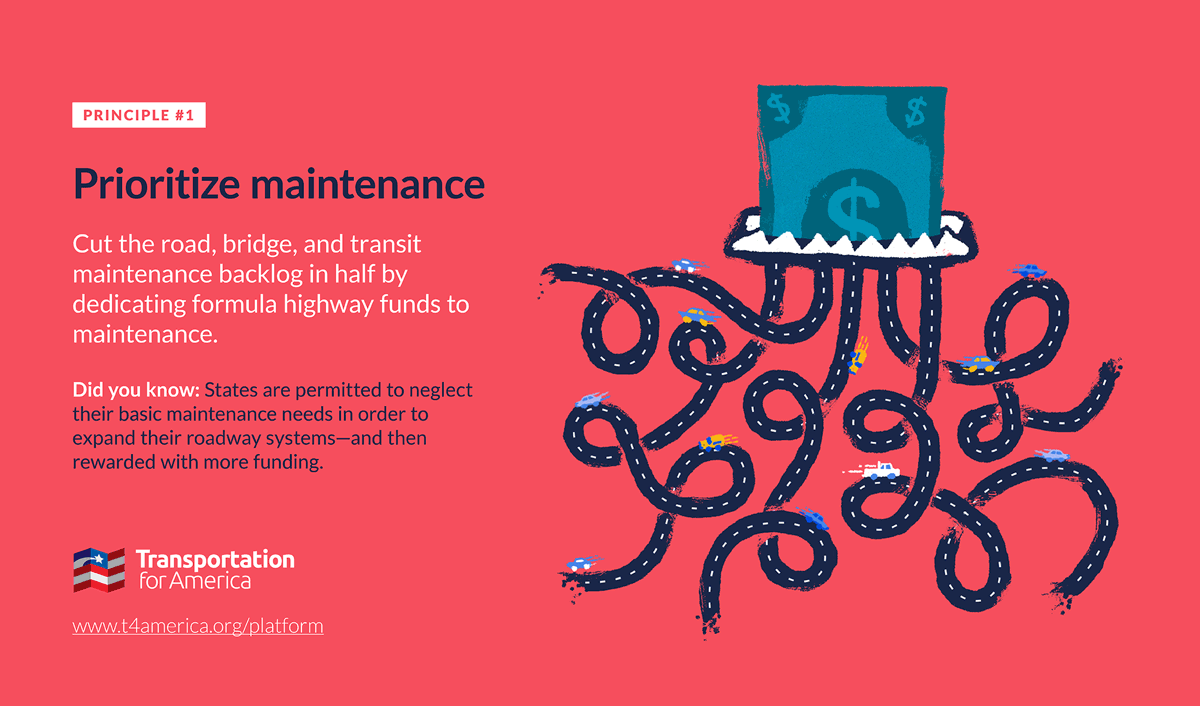Author Archive
Five things to know about the INVEST Act, and how it compares to Senate bill
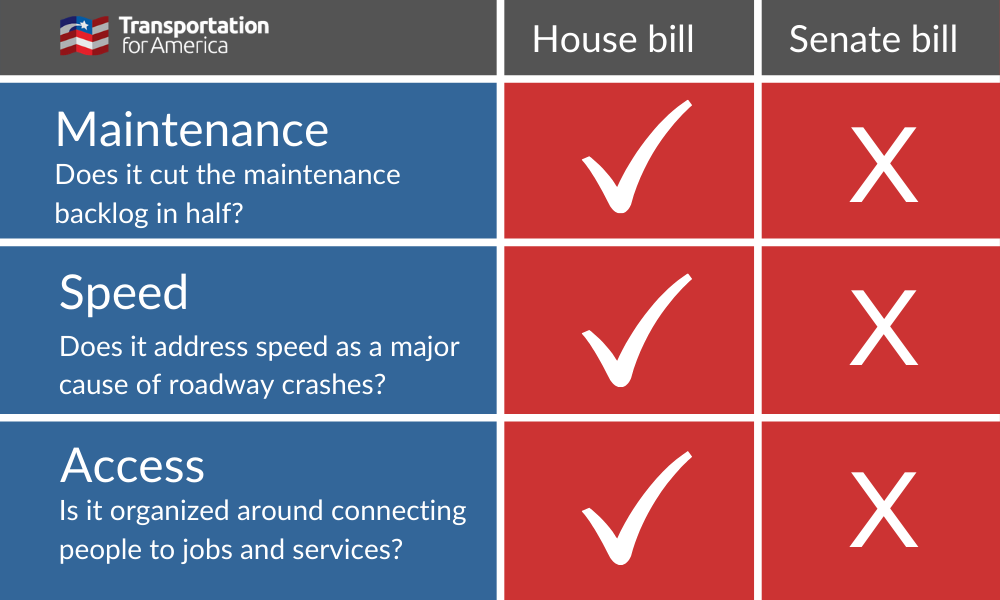
With the INVEST Act clearing a crucial vote in committee last week, it moves to the full House for a final vote. We’ve covered the bill from nearly every angle, but here are five important things to remember as the bill moves forward, including how it radically outperforms the Senate’s status quo proposal on reauthorization.
Improving safety by making it a priority throughout the INVEST Act
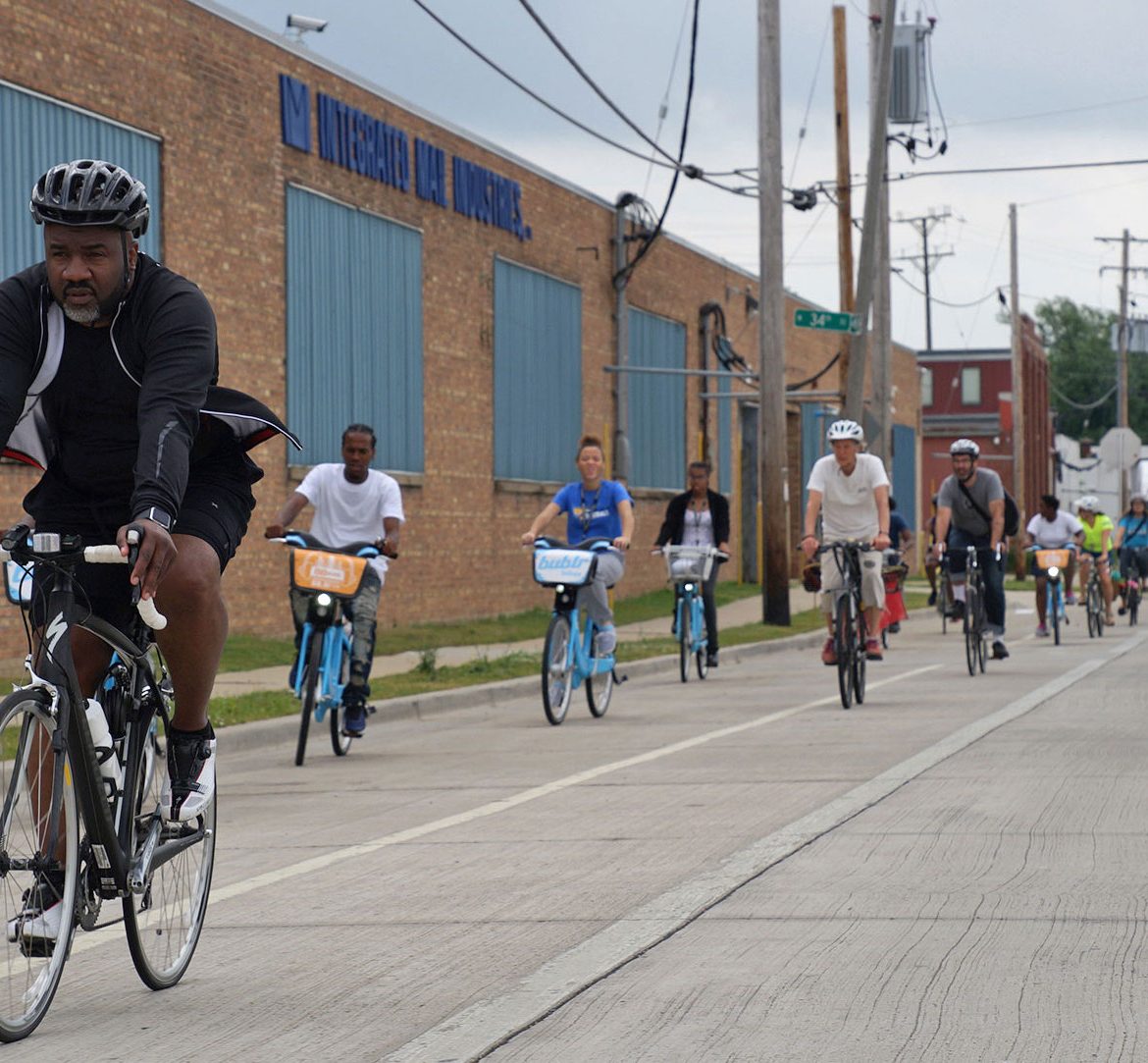
As noted in our scorecard, the House’s INVEST Act transportation bill takes important strides to make safety a priority, from the inclusion of new performance measures all the way down to making changes with how agencies set speed limits. Here are five things to know.
UPDATED: Amendment to the House’s INVEST Act *will* close the repair loopholes
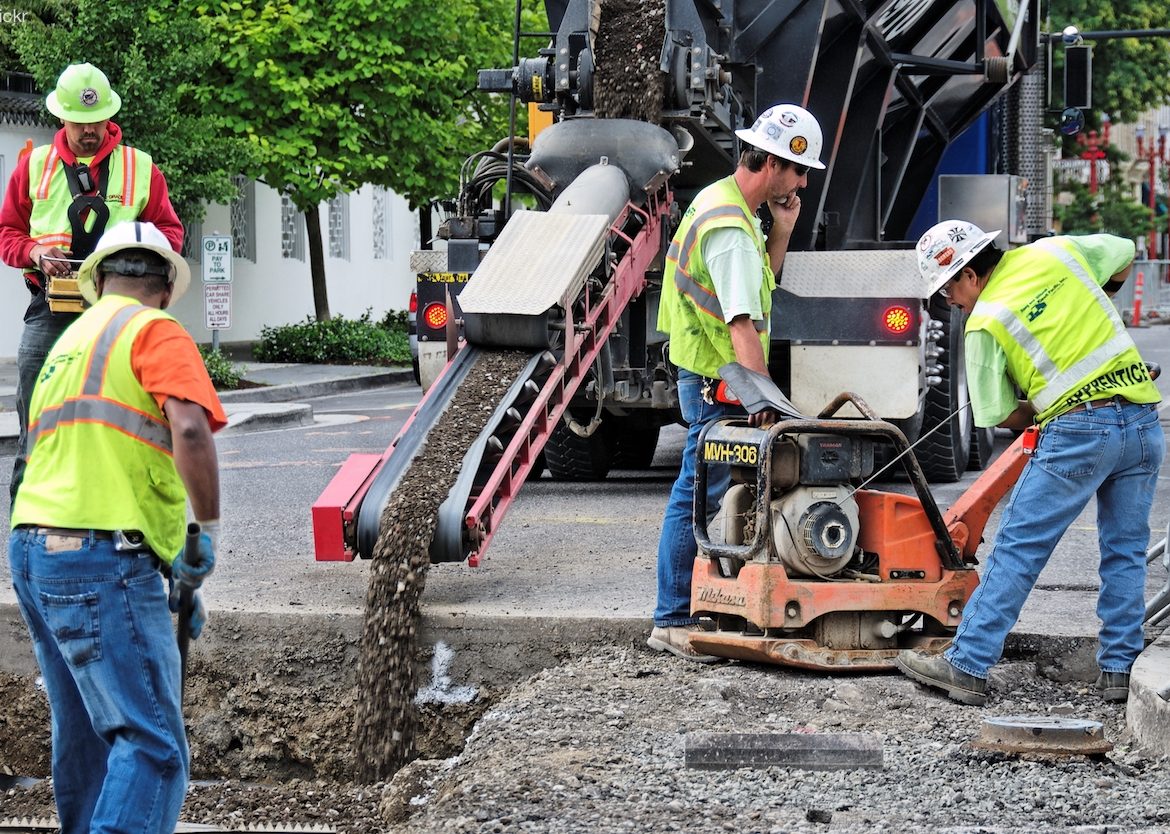
UPDATE: This vital amendment to strengthen the repair provisions in the bill was approved. Read more.
The House bill needs some changes to make repair the number one priority
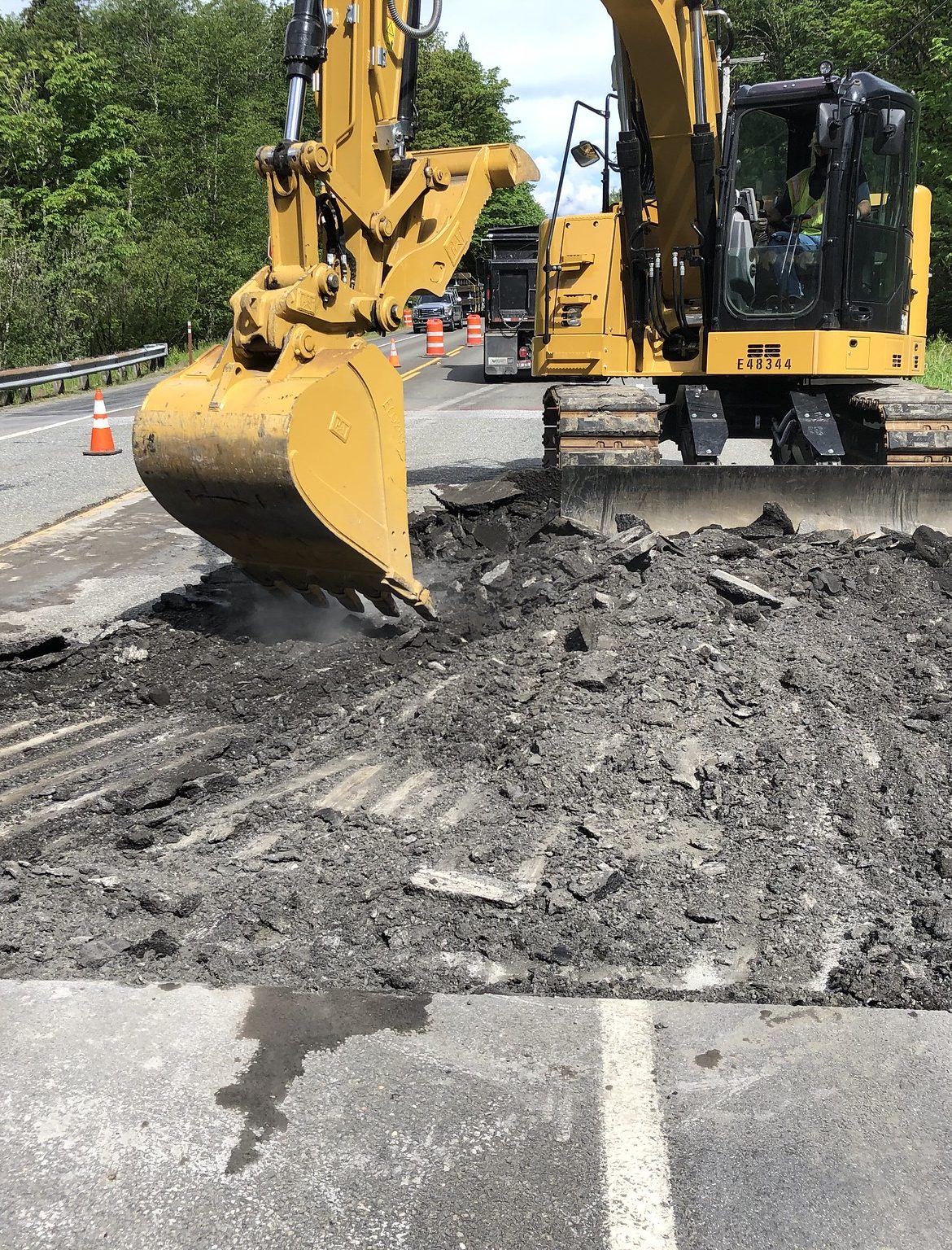
The House’s new INVEST Act made a strong effort to prioritize maintenance, but there are still loopholes that can allow states and metro areas to avoid the legislative intent of a real, concrete focus on repair first. Here’s a run down on our concerns with the repair provision and how it could be strengthened in next week’s markup in the House transportation committee.
CDC quietly revises their guidance to encourage people to use transit safely
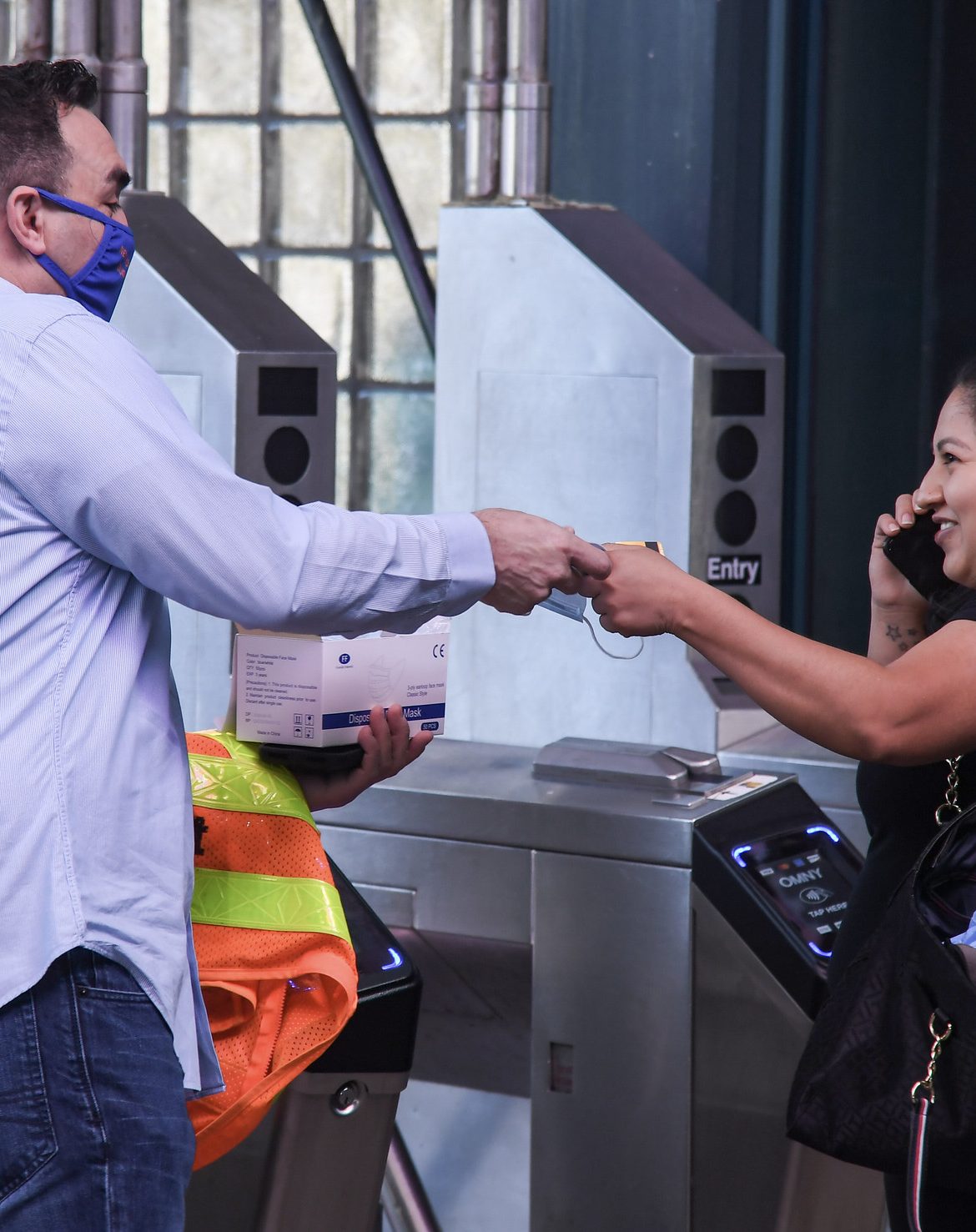
Two weekends ago the CDC quietly revised their guidance for using public transportation after an outpouring of criticism from Transportation for America, NACTO, TransitCenter, the American Public Transportation Association, and others that the CDC was contradicting years of their own public health guidance that encouraging more driving incurs massive public health costs in pollution, respiratory illnesses, obesity, and preventable traffic deaths.
If we want an infrastructure stimulus, there are valuable lessons to learn from 2009
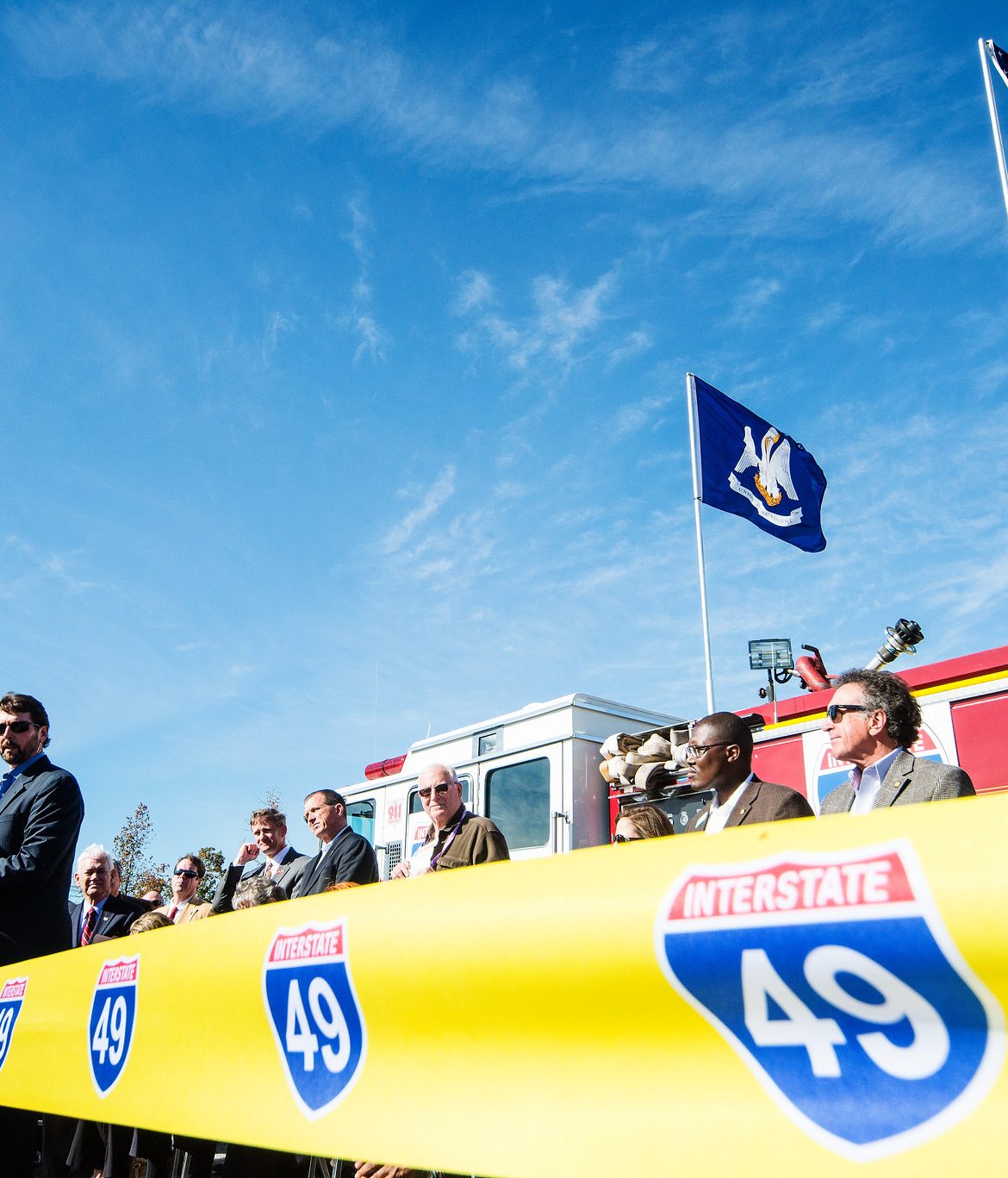
While there are enormous needs for relief and support all across the economy, the president and many congressional leaders have indicated that they want infrastructure to be a major part of a future stimulus bill. If Congress does intend to use infrastructure spending to create jobs and support recovery, their own effort in 2009 has some clear lessons they should learn from.
Connecting people to jobs and services week: How bad metrics lead to even worse decisions
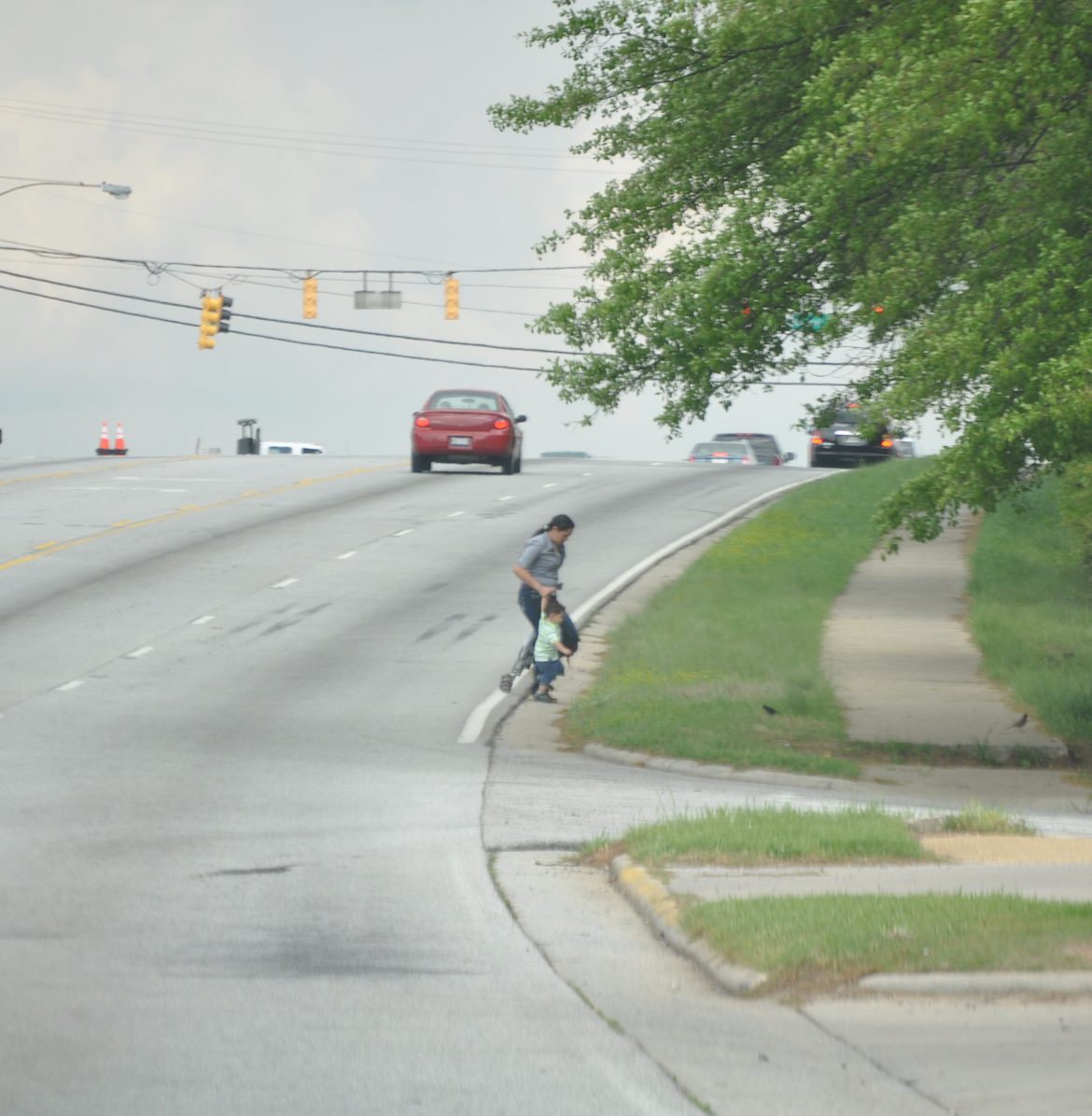
When the top priority of our transportation investments is moving cars as fast as possible, the end product is streets that are wildly unsafe—as chronicled at length last week. But this focus on vehicle speed and throughput is the result of outdated metrics that also utterly fail to produce a transportation system that connects people to what they need every day.
Safety over speed week: Slip lanes would never exist if we prioritized safety over speed
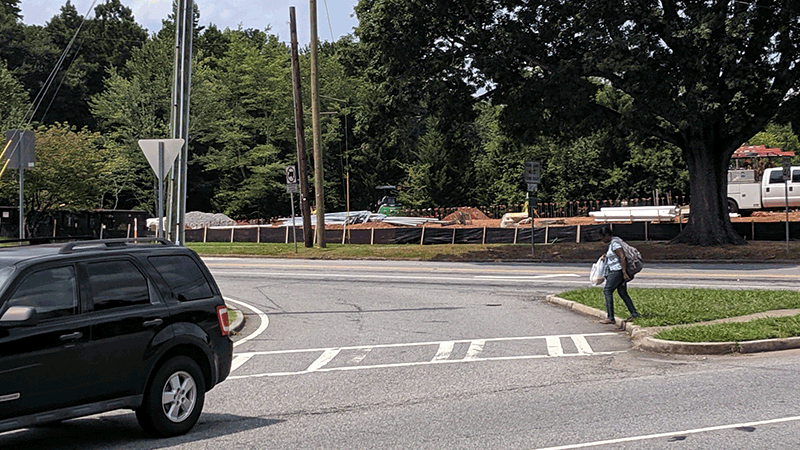
A specific design feature on our roadways is the quintessential embodiment of what happens when speed is the #1 priority and safety becomes secondary. Slip lanes, those short turning lanes at intersections that allow vehicles to turn right without slowing down, are incredibly dangerous for people walking. Yet states & cities keep building them. Why?
Three things we learned from talking about maintenance this week

Last week was “maintenance week” at T4America, a week spent focusing on our first new principle for transportation investment to prioritize repair and commit to reducing the repair backlog by half. After a Twitter chat on Wednesday, on Thursday we joined a briefing on Capitol Hill for congressional staffers focused on the issue. Here are three quick things we learned.
Broad coalition takes the offensive on federal automated vehicle policy
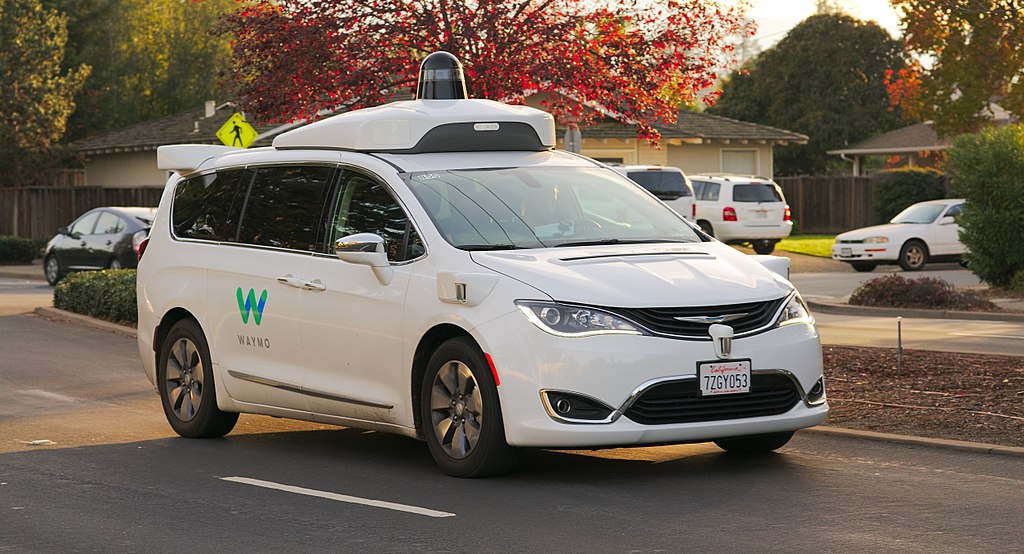
Instead of waiting for Congress to release a new bill to regulate autonomous vehicles worse than last year’s notorious AV START Act, T4America joined a diverse coalition of safety, public health, consumer, and transportation groups to urge lawmakers to take a smarter approach than last year’s reckless hands-off approach for the driverless car industry.
Federal grant brings Gulf Coast passenger rail ever closer to fruition

Gulf Coast passenger rail is closer than ever to returning. With state and federal funds already secured to make capital investments required to bring new and drastically improved passenger rail service back between New Orleans and Mobile, AL, a second vital federal grant to help operate the new service completes the other biggest part of the funding puzzle.
A major obstacle cleared for bringing new passenger rail service to the Deep South
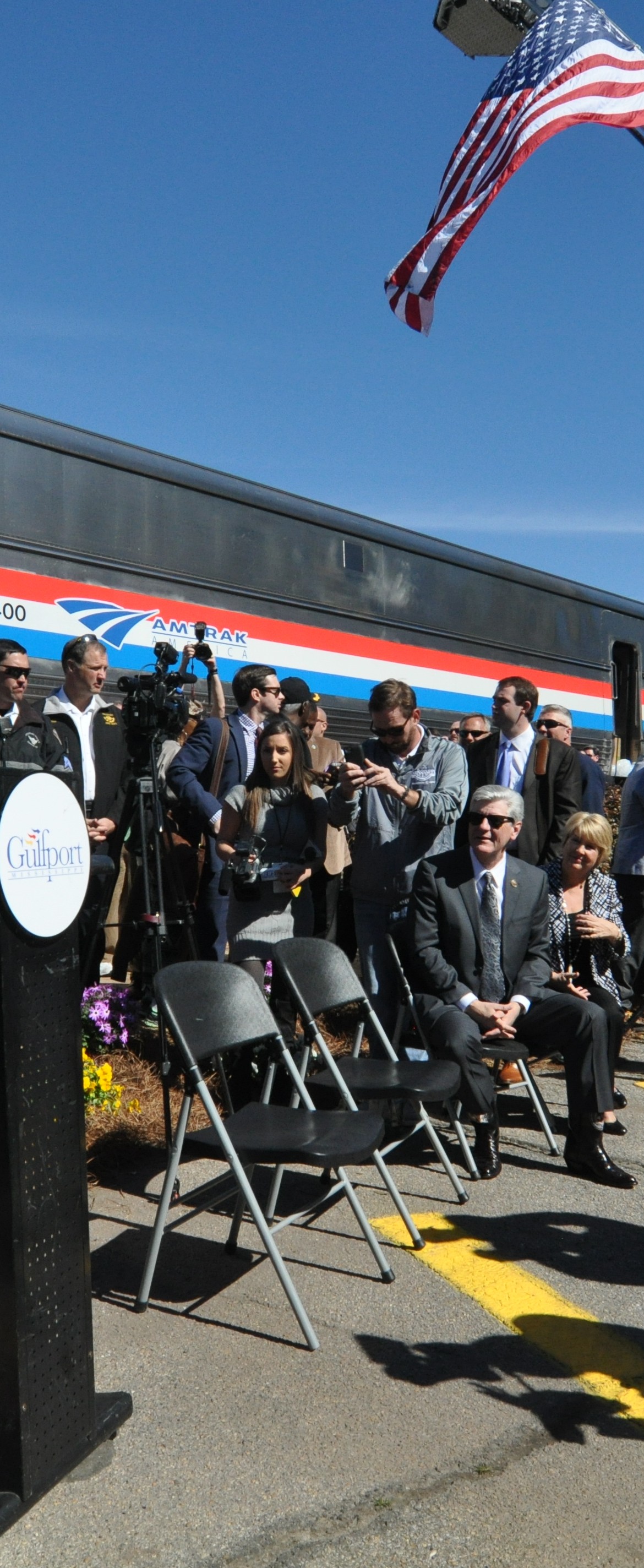
Almost 14 years since Hurricane Katrina wiped it out, passenger rail service along the Gulf Coast is closer than ever to returning after a vital federal grant was awarded to help fund the capital investments required to bring new and drastically improved passenger rail service back between New Orleans and Mobile, AL, and Transportation for America played a major role.
National transportation policy is a rudderless ship sailing off into oblivion
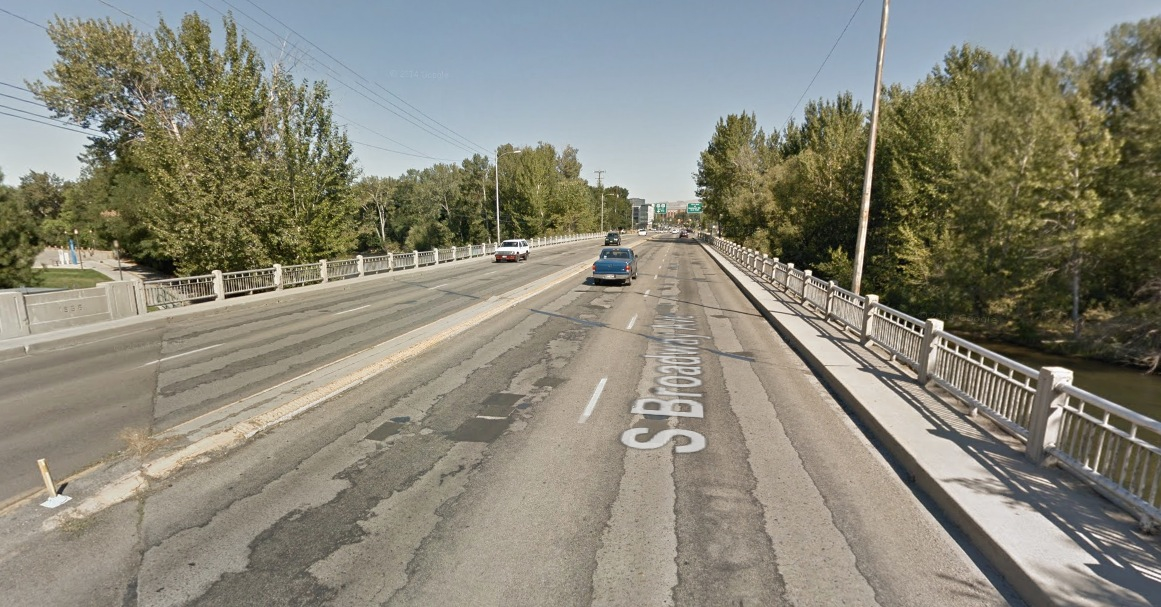
For well over two decades, we’ve had no big-picture guiding purpose for the federal transportation program. Like a ship with a jammed rudder heading off aimlessly into forever, federal transportation policy has been limping along without an overarching purpose or destination in mind. How does this inertia lead us toward all the wrong things?
Did you know that it’s Infrastructure Week once again?
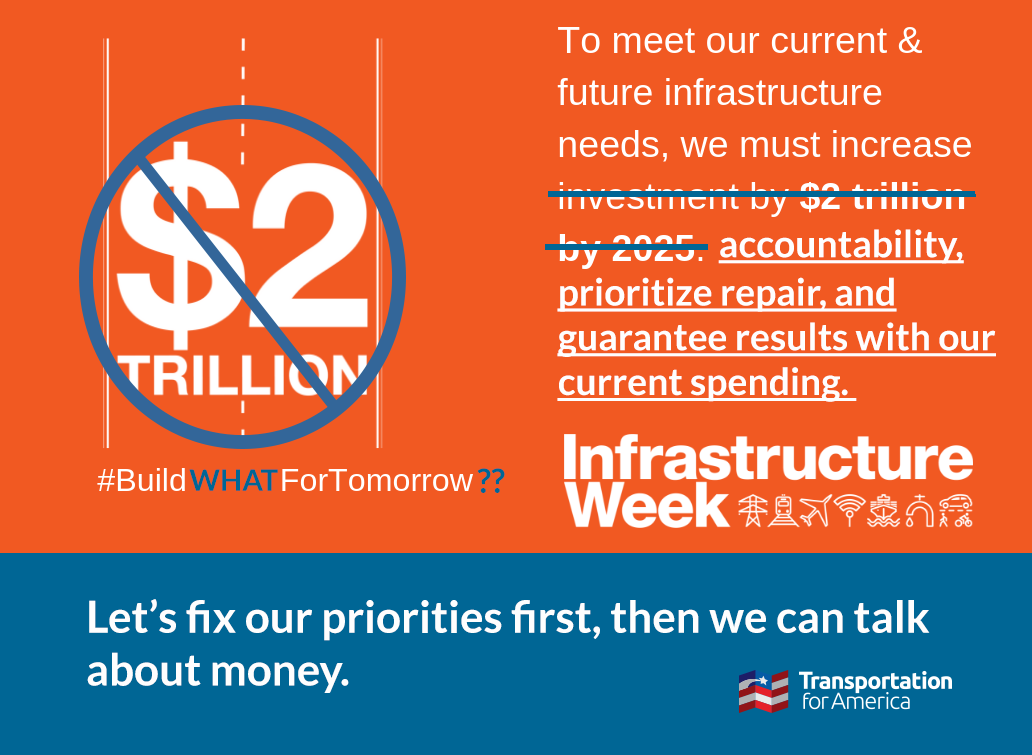
After two solid years of everyone in Washington, DC talking nonstop about a standalone infrastructure bill to pump trillions into America’s infrastructure, we’d understand if you weren’t aware that the last Infrastructure Week ever ended.
Many of the most dangerous states for people walking are planning for more people to die
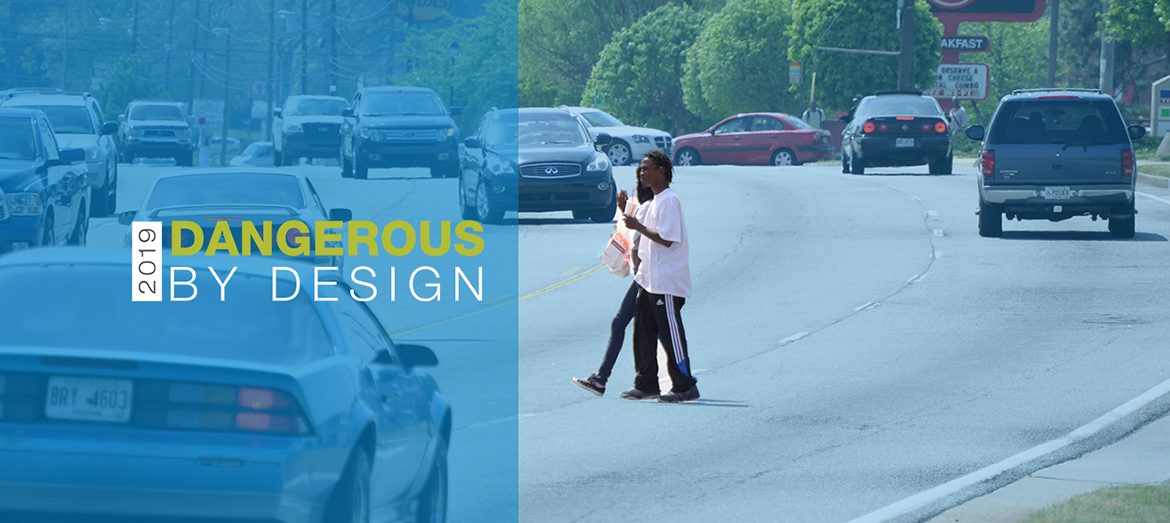
13 Americans per day were struck and killed while walking by drivers from 2008-2017, according to a report released today by our colleagues at the National Complete Streets Coalition. Dangerous by Design 2019 also shows how some of the most dangerous states are, astonishingly, committed to making the problem even worse.
Seven things to know about our last Smart Cities Collaborative meeting of 2018

Last week in Atlanta, Georgia we wrapped up our second cohort of the Smart Cities Collaborative with the fourth meeting of 2018. Once again, staff representing cities, counties, transit agencies and other public sector agencies from 24 cities gathered together to share their experiences and learn how others are using technology and new mobility to become better places to live.
States that take chances get rewarded, and six other things we learned this year at Capital Ideas 2018

We’re fresh back from Capital Ideas 2018 in Atlanta, and as in years past, this year’s conference was an incredible alchemy of passion, knowledge, inspiration, and amazing people from around the country. For those of you who weren’t able to make it to Atlanta, here are seven things that we learned.
Mixed messages on transportation at the ballot box this week
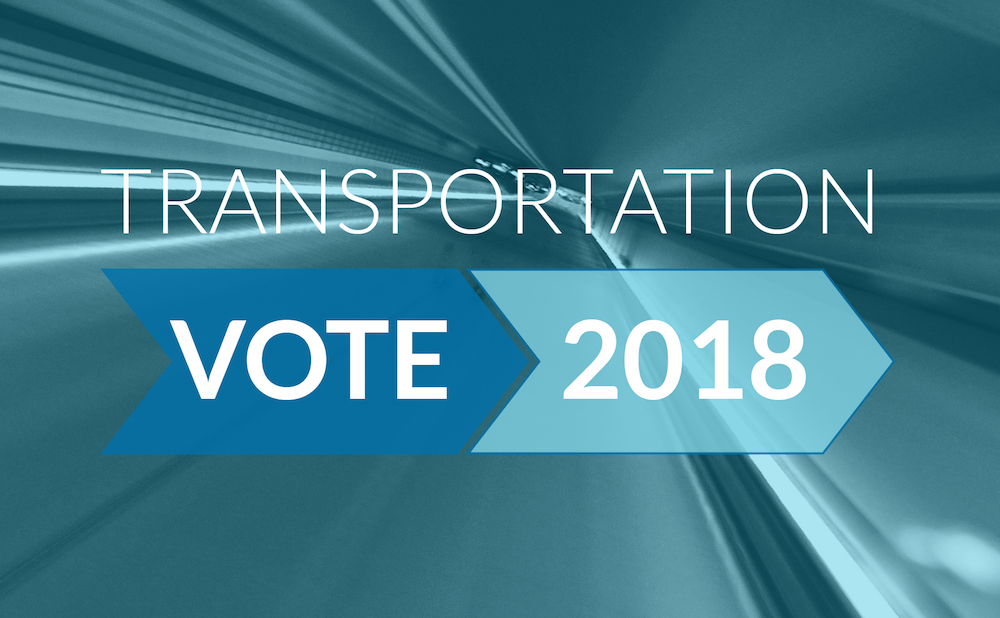
With a range of notable ballot measures for transportation considered by voters Tuesday, how did the issue fare at the ballot box? Did the recent trends for transportation-related measures continue?
Cities eager to receive transit dollars from USDOT are receiving letters instead
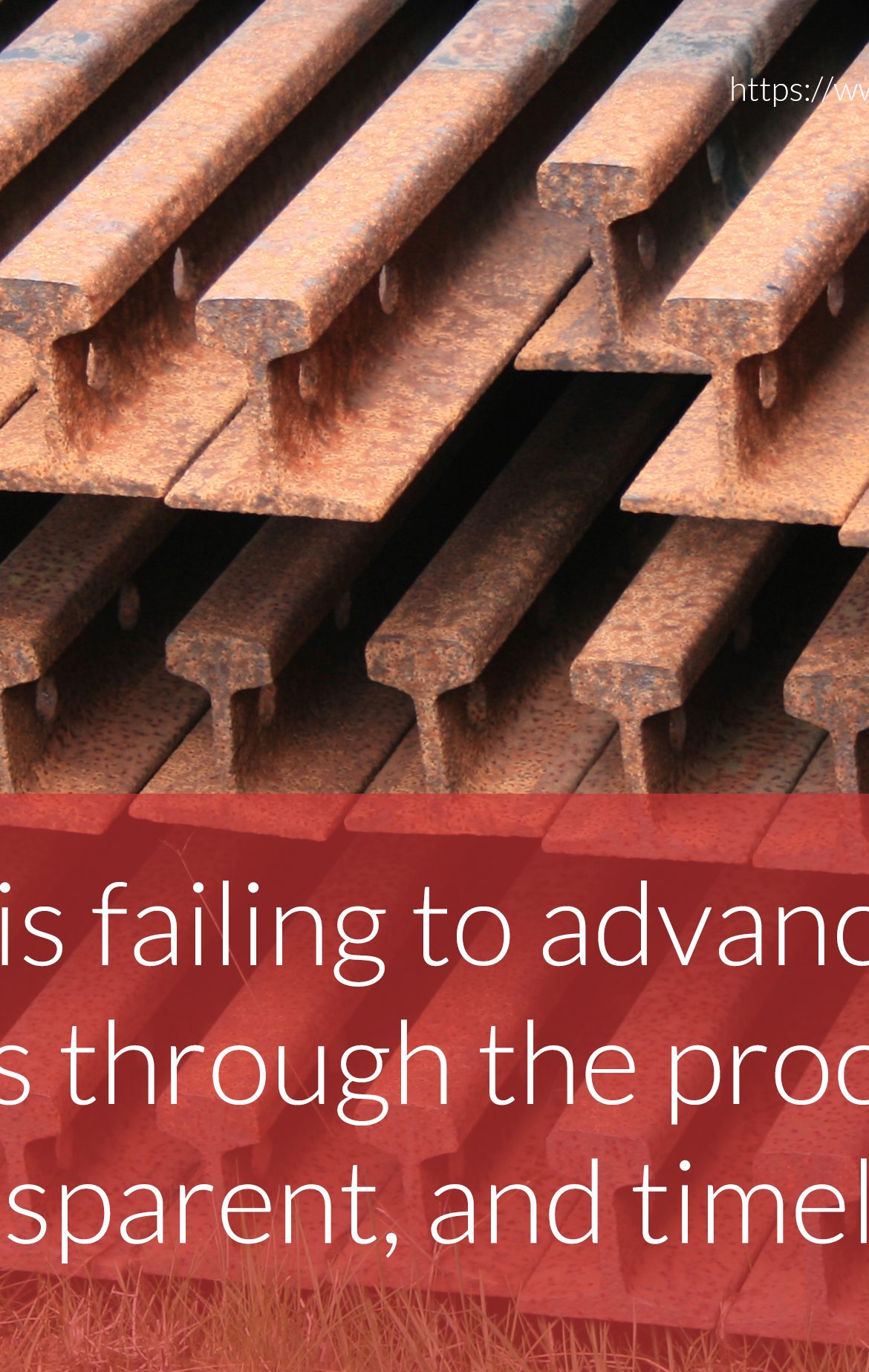
Instead of approving projects and providing the money cities have applied for, USDOT is “allowing” cities to move ahead with construction on transit capital projects and incur costs that might one day be reimbursed by USDOT.
How cities can reduce traffic instead of just ensuring more of it
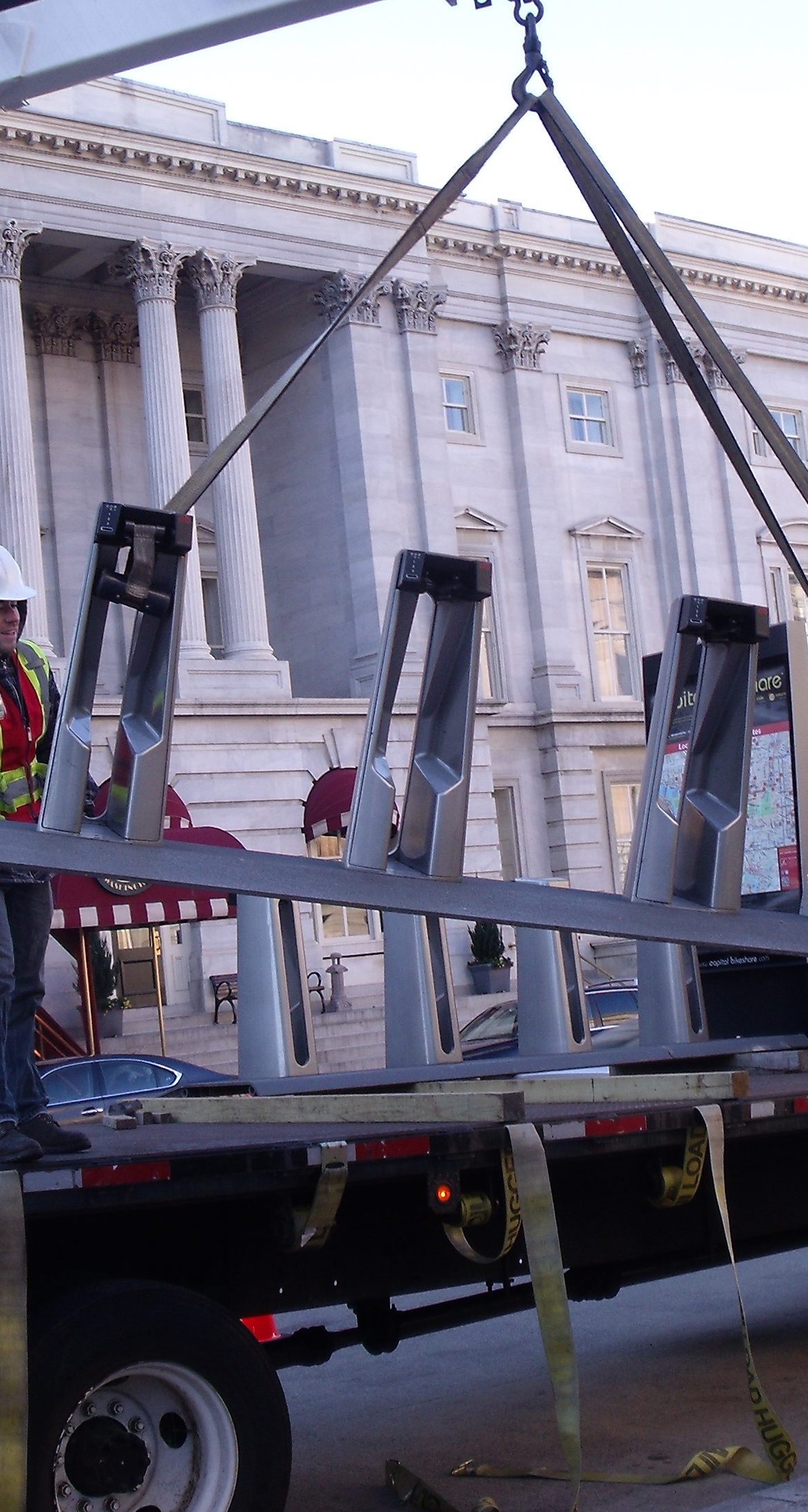
A new approach to addressing the potential transportation impacts of new development in urban areas, outlined in a new report by our State Smart Transportation Initiative (SSTI), could be a powerful recipe for reducing the demand for driving, while helping create more prosperous transit- and pedestrian-friendly cities.





